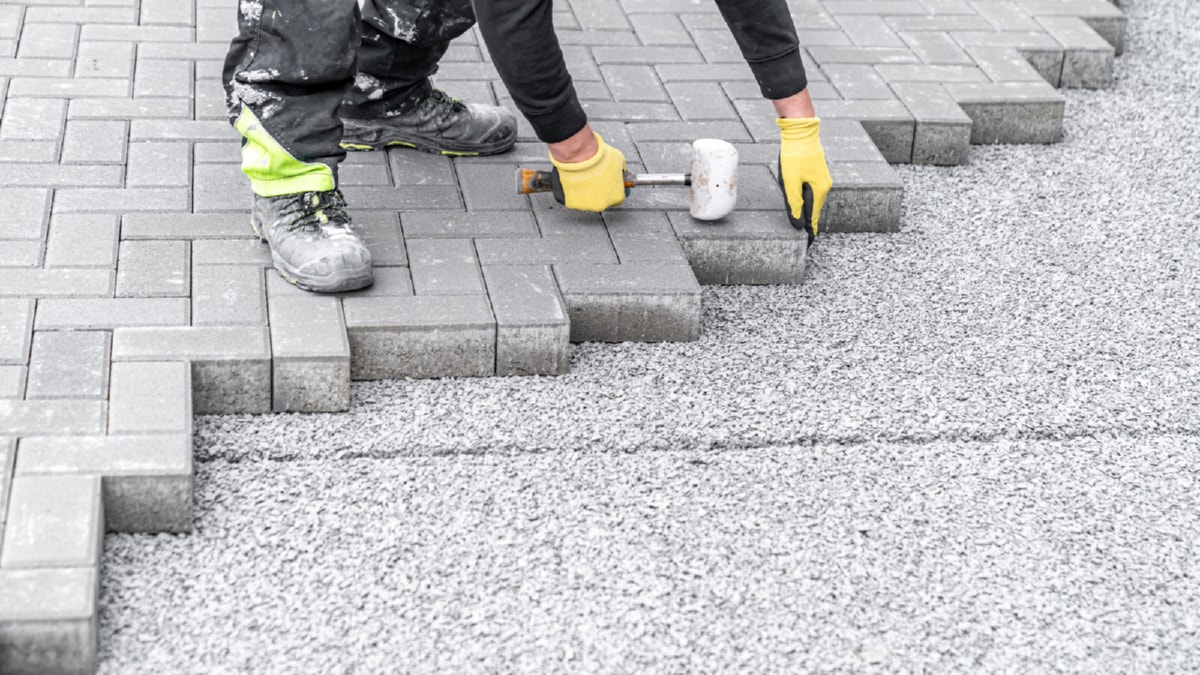The Key Principles of Construction Safety
Safety is a vital aspect in any construction project. It provides a conducive working environment for the workers and reduces the risk of accidents. Understanding the basics of construction safety is critical for anyone involved in the construction industry.
The first step towards ensuring safety in the construction site is to have the appropriate personal protective equipment (PPE). Examples of these are hard hats, safety glasses, gloves, and steel-toed boots. PPE protects against possible hazards in the construction site.
Moreover, proper use of construction equipment is a crucial safety principle. Workers should be trained on how to operate machinery and tools safely. This not only enhances efficiency but also reduces the risk of accidents.
Additionally, ensuring a clean and organized work area is essential to prevent slips, trips, and falls. Regular inspections of the worksite can help identify potential hazards and take corrective measures.
Being ready for emergencies is another key aspect of construction safety. Workers should know what to do in case of an accident or emergency. This includes knowing the location of first aid kits and emergency exits.
Lastly, communication is key in construction safety. All safety rules, hazards, and protective measures should be communicated to all workers. This can be achieved through safety meetings, signage, and training.
In conclusion, embracing safety measures in construction sites not only ensures the welfare of the workers but also boosts productivity. It is, therefore, important that all construction projects put a premium on safety.
The Importance of Construction Quality Control
Quality control in construction entails ensuring that all aspects of a construction project meet the required standards. It is crucial in providing for the durability and safety of a building.
Quality control starts with the selection of appropriate materials. The materials used should be durable and suitable for the intended purpose. Additionally, they should meet the established building codes and standards.
Furthermore, quality control involves overseeing the construction process. This includes ensuring that all work is done correctly, from the foundation to the final finishes.
Regular inspections are another key aspect of quality control. They help to detect any issues early and take corrective action.
In conclusion, quality control in construction is crucial. It ensures that the final product is safe, durable, and meets the required standards. It is, therefore, important that all construction projects emphasize quality control.
.
For more details, check best exterior step and stair rebuild and replace service or visit their business listing here.



